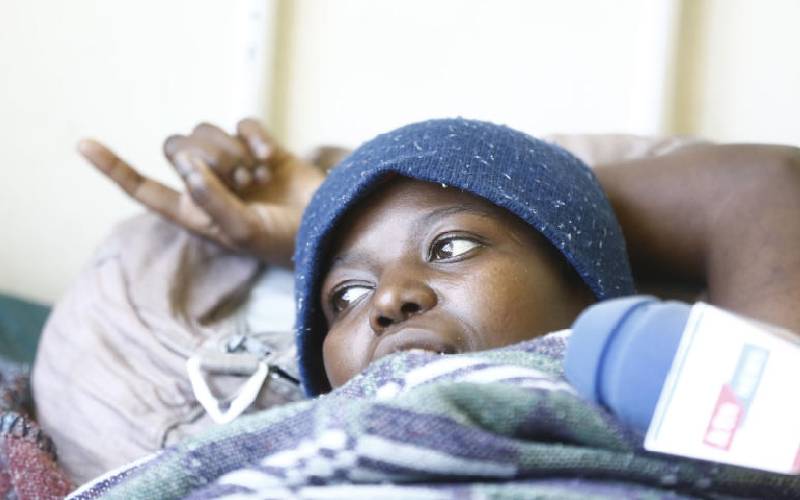×
The Standard e-Paper
Fearless, Trusted News

Several discharged patients have now turned Nakuru Level 5 Hospital into a ‘home’.
They are reluctant to leave the facility even though there is no medical reason for them to stay.